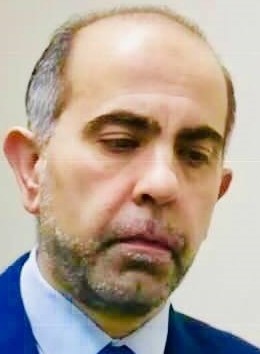By Samer Majzoub, Montreal
In an era when the outcome of a single negotiation can shift the course of markets, politics, shape public confidence, or redraw trade lines, the approach of the negotiator often matters as much as the substance of the deal itself. Two prominent figures illustrate this contrast well: Donald Trump, who is widely recognized for his career as a businessman, and Mark Carney, renowned for his distinguished record as a central banker and economic policy leader.
Donald Trump’s public persona has long been defined by high profile real estate ventures, branding, and a distinctly transactional style often summed up in the phrase “the art of the deal.” His approach reflects a classic entrepreneurial playbook: assertive, direct, and driven by a belief in leverage and hard bargaining. Such a style often embraces public pressure, bold declarations, and the notion that in every deal, someone comes out ahead while someone else yields ground. Visible wins and clear scorecards are integral to this method.
Mark Carney, by contrast, has made his mark through the measured, evidence based world of economic governance. As a former Governor of both the Bank of Canada and the Bank of England, Carney has been trusted to steer complex economies through periods of crisis and transition. His approach embodies a mindset shaped by rigorous data analysis, institutional trust, and the careful balancing of competing interests. For an economist, a good deal is rarely dramatic or headline grabbing; rather, it is durable, broadly acceptable, and crafted to minimize unintended consequences over time.
Where the businessman might see negotiation as a contest demanding maximum concessions, the economist views it as an exercise in ensuring the system remains resilient once the ink is dry. The businessman’s tolerance for risk can break stalemates and yield quick results. The economist’s caution can anchor confidence when circumstances become unpredictable.
There is value in both perspectives. Boldness can be necessary when inertia or indecision threatens progress. Likewise, prudence and a respect for complexity are essential when the costs of failure ripple far beyond the negotiating room. In fact, it is often when these two instincts meet that the best results emerge. A businessman’s drive for clear wins can help push parties past entrenched positions, while an economist’s careful design can make sure the gains are fair, lasting, and broadly shared.
If guided wisely, these mindsets do not have to collide; they can complement each other. Real world agreements whether trade accords, corporate mergers, or public policy compromises benefit most when risk taking is balanced with foresight, and when immediate benefits do not undermine long term stability.
As Canada and the world navigate increasingly complex economic and political landscapes, the contrast between the businessman and the economist serves as a reminder that sustainable agreements require more than a handshake and a headline. They demand the discipline to plan for tomorrow and the pragmatism to reach a deal today that benefits all sides involved.






103 مشاهدة
28 يوليو, 2025
96 مشاهدة
28 يوليو, 2025
104 مشاهدة
26 يوليو, 2025